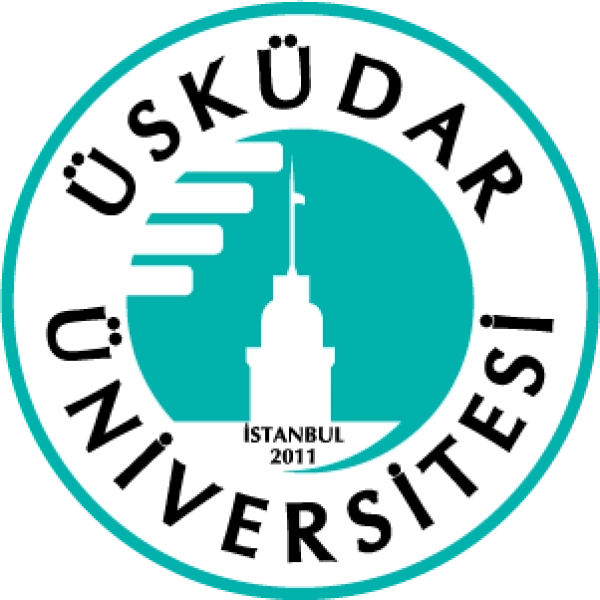College: Health Sciences
This program focuses on studying medicinal and aromatic plants, their cultivation, chemical composition, and therapeutic uses. Students develop skills in botany, phytochemistry, ethnobotany, and sustainable agriculture. Graduates are prepared for roles in pharmaceutical industries, herbal medicine, research institutions, and agricultural sectors.
Learning Objectives:
- Understand the basics of medicinal and aromatic plants, identification, and cultivation.
- Develop skills in phytochemistry, plant extraction, and analysis of biologically active compounds.
- Learn sustainable farming techniques, conservation, and ethical harvesting.
- Explore principles of ethnobotany, traditional medicine, and the cultural significance of medicinal plants.
- Analyze challenges and opportunities in the cultivation, processing, and marketing of medicinal plants.
- Develop critical thinking, problem-solving, and analytical skills for research and development in plant-based medicines.
Core Outline:
- Introduction to Medicinal and Aromatic Plants
- An overview of key concepts and industry trends.
- Basics of plant identification, classification, and cultivation.
- Botany and Plant Science
- Principles of botany, plant science, and physiology.
- Techniques for studying plant morphology, anatomy, and classification.
- Phytochemistry
- Basics of phytochemistry and chemical composition of medicinal plants.
- Techniques for plant extraction, isolation, and analysis of biologically active compounds.
- Ethnobotany and Traditional Medicine
- Principles of ethnobotany and the cultural significance of medicinal plants.
- Techniques for studying traditional medicine practices.
- Sustainable Agriculture and Environmental Conservation
- Basics of sustainable agriculture, environmental conservation, and ethical harvesting.
- Techniques for sustainable farming and biodiversity preservation.
- Plant Propagation and Cultivation
- Principles of plant propagation, nursery management, and cultivation techniques.
- Techniques for propagation and cultivation of medicinal and aromatic plants.
- Processing and Quality Control
- Basics of processing, quality control, and standardization of medicinal plant products.
- Techniques to ensure the quality, safety, and efficacy of plant-based medicines.
- Marketing and Entrepreneurship
- Principles of marketing, entrepreneurship, and business development in the medicinal plant industry.
- Techniques for developing marketing strategies for medicinal and aromatic plant products.
- Practical Training in Medicinal and Aromatic Plants
- Real-world experiences in plant cultivation, research, or industrial environments.
- Application of acquired skills in practical scenarios.
- Graduation Project in Medicinal and Aromatic Plants
- A comprehensive project applying skills in phytochemistry, sustainable agriculture, or ethnobotany.
- Presentation of a refined research project or case study.
Assessment Methods:
- Plant identification reports, phytochemical analyses, ethnobotanical studies, sustainable farming plans, plant propagation projects, quality control reports, marketing strategies, practical training reports, graduation projects, group projects, internship evaluations.
Recommended Textbooks:
- "Medicinal Plants of the World" by Ben-Erik van Wyk and Michael Wink.
- "Phytochemistry of Medicinal Plants" by Jeffrey B. Harborne and Herbert Baxter.
- "Ethnobotany: Principles and Applications" by Gary P. Nabhan.
- "Sustainable Agriculture: Principles, Practices, and Prospects" by Charles A. Francis.
- "Plant Propagation: Principles and Practices" by Hartmann, Kester, Davies, and Geneve.
- "Quality Control in Herbal Medicine" by various authors.
- "Marketing of Medicinal Plants" by various authors.
Prerequisites:
Basic knowledge of biology, chemistry, and botany. Suitable for students interested in medicinal plants, phytochemistry, ethnobotany, and sustainable agriculture.
Program Duration:
Typically 4 years for a bachelor's degree, including coursework, projects, practical training, and internships.
Certification:
Graduates can earn a degree in medicinal and aromatic plants and pursue further higher education or obtain professional certifications in related fields.
Target Audience:
Aspiring botanists, phytochemists, ethnobotanists, agriculturists, individuals seeking careers in the medicinal plant industry, herbal medicine, research institutions, and agricultural sectors. This program equips students with the skills needed to excel in the study and application of medicinal and aromatic plants, supporting careers in pharmaceutical industries, herbal medicine, research institutions, and agricultural sectors.

